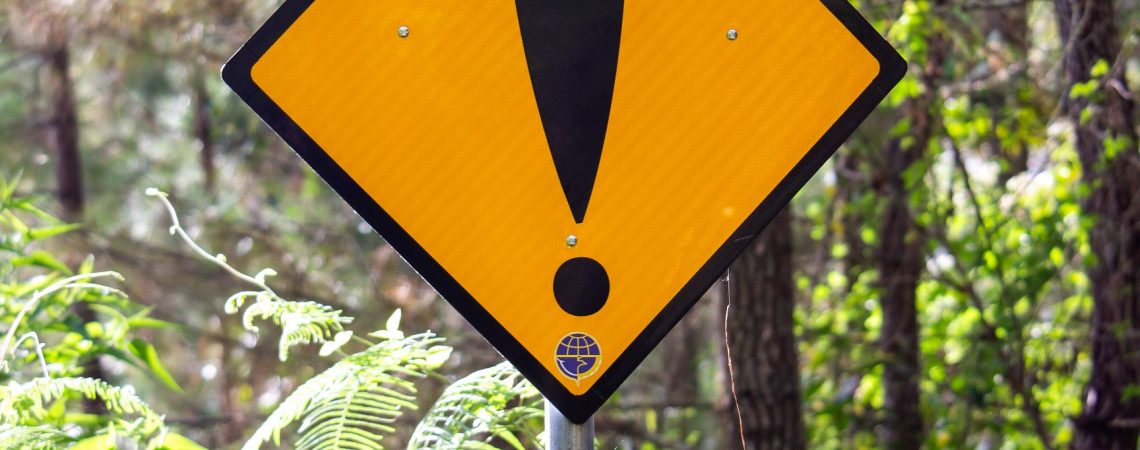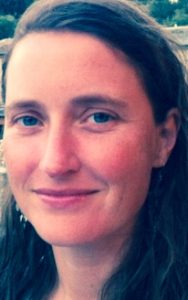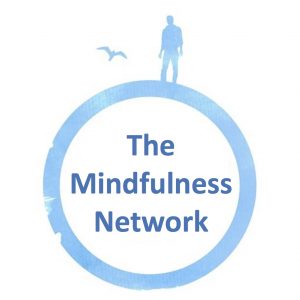
– written by Rosalie Dores (re-published in full with her permission)

It is not uncommon for meditation to be considered a form of ‘naval gazing.’ Critics suggest that to spend time concentrated on oneself is at best self-indulgent or at worst narcissistic. I couldn’t disagree more, and I am in good company. The Dalai Lama describes meditative practice as a form of ‘wise self-interest.’ Meditation is a form of mental and emotional hygiene. Attending to the hygiene of the mind is just as important as brushing our teeth first thing in the morning. Rotten and ailing teeth are not pleasant, neither is a mind gripped in anger (resentment and envy), greed (consumerism, dissatisfaction) or fear (anxiety, worry, depression).
What do I mean by hygiene of the mind? The Oxford English dictionary describes hygiene as,’conditions or practices conducive to maintaining health and preventing disease.’ I am arguing here that meditation supports the development of a healthy mind and protects it from dis-ease. In using the word ‘mind’ here, I am not only referencing the faculty of thinking, but include the embodied experience of mind that includes emotional and physical experience. I realise, in saying this, that I am edging close to metaphysical and neuro-scientific territory that I know little about. Nevertheless, I stand my ground, in the light of my experience and understanding. In the ancient Indian language Pali, the word Citta was used to describe the heart-mind. Heart and mind were not separated. This accords with my experience.
In modern society, most people are literate and many have high levels of education. However, when we look at the state of the world around us, this education has not translated into general well-being and happiness. Another kind of training for the mind is required. The ancient meditative traditions understood, that the path to human health and well-being lies in the systematic training of the mind.
An untrained mind, by definition, does what it wants. This is particularly problematic when considering what neuroscientist Rick Hanson calls the brains negativity bias. Hanson says that the amygdala – the alarm bell of the brain uses two-third of it’s neurons to detect bad news. ‘The brain is like Velcro for negative experiences but Teflon for positive ones.’ It’s not our fault. It is a biological imperative that human beings experience fear, it’s what kept our ancestors alive, and got us here. We are very vulnerable, and easily intimidated by any possibility of threat. Unfortunately, certain unscrupulous politicians and media are apt to prey on this. In the UK alone, 3 million people suffer from anxiety disorders, while 6 million suffer from depression.
The good news is that our brains are neuro-plastic, meaning that they are malleable. Meditation is one way to harness this malleability. We can train our minds! The development of MRI scanning has allowed science to validate the claims of ancient meditators, that meditative practice improves our capacity for sustained attention and attentional flexibility: the capacity to move attention at will, including switching attention and redirecting our attention to a chosen object (Boccia, Piccardi & Guariglia, 2015). In short, we can self-regulate. When we meditate we can deliberately move our attention away from thinking patterns that cause dis-ease and unhappiness and towards those that create well-being. Positive mental states such as resilience, compassion, gratitude, empathy, generosity, calm and wisdom are also latent tendencies of the mind, that can be cultivated.
Fearful and anxious people are inevitably defensive, isolationist and protective. We don’t have to look far to see this in the world at large. People who are actively cultivating internal hygiene, however, have the capacity to notice when their minds are getting strung out on the latest news feed, twitter, bleep, burp or fart from our endlessly pathological media machine and certain politicians. They have the capacity to evaluate, in the light of their own experience, the reality of the claims being made about potential threats and to choose how to respond, rather than react. Victor Frankl, author of Mans Search For Meaning and European holocaust survivor (there have been many holocausts all over this world – ‘holocaust’: destruction or slaughter on a mass scale) is often attributed with saying, ‘Between stimulus and response, there is a space. In that space lies freedom.’ To notice the space we need to be able to pay attention.
We can be carried along by mainstream culture, driven by self-interest, individualism and fear, or we can choose to, as I write in my blog post The Practice of Opening, develop our sensitivity and compassion, sense of common humanity, generosity and kindness. We can cultivate what the Dalai Lama calls a sense of ‘universal responsibility’ recognising our inseparable interconnection with all life, regardless of species, creed, colour, sex or nationality. We know deep in our hearts that all beings want to be safe and happy, free from fear and suffering. We need to allow this understanding to inform the way we think and act. I am absolutely in love with this documentary ‘Human’. It is a deep meditation on our common humanity. I recommend making the time to spend with it. You will not regret it.
A regular practice of meditation allows a cleansing of the mind (citta). This is a rigorous process of self-examination and self-refinement, where we evaluate our attitudes towards ourselves and others. Where our thoughts, emotions and behaviours are possibly harmful we undertake to release them (for as long as this takes) and where they are harmless we cultivate and enhance them. Perhaps in time our ‘wise self-interest’ can blossom into ‘compromised self-interest‘, or better still ‘mutual interest‘. Moving from a state of ‘me’ to ‘we’ is what our world needs.
Don’t make the mistake of thinking that your one small piece of the world, i.e you, is not enough. The powers that are destroying our world need you to believe that. Need you to be a passive consumer; apathetic. What inheritance will we leave our children? What state will our society, our planet be in? We each have a role to play, albeit small or large. It takes many waves to make an ocean, they are all important, all necessary. The world needs you. We can do it! We can be the change.
The great events of world history are, at bottom, profoundly unimportant. In the last analysis, the essential thing is the life of the individual.
This alone makes history, here alone do the great transformations first take place, and the whole future, the whole history of the world, ultimately spring as a gigantic summation from these hidden sources in individuals.
In our most private and most subjective lives we are not only the passive witnesses of our age, and it sufferers, but also its makers. We make our own epoch.
– C.G. Jung, 1934 Collected Works 10, para. 315
This blog was originally published on 3 November 2018 on Rosalie’s website at http://www.optimalliving.co.uk/blog/radical-attention/.





One comment on “Radical Attention (by Rosalie Dores)”
NOVIAN
April 10, 2019 at 10:59 pmGood to read this article